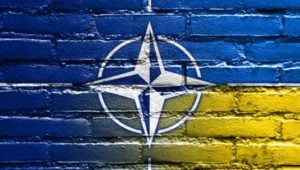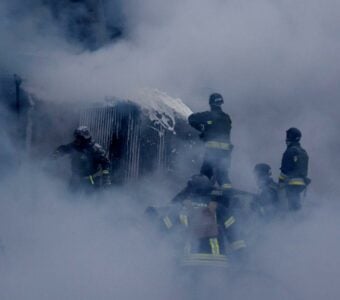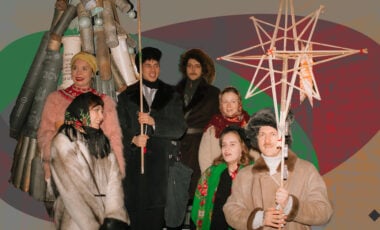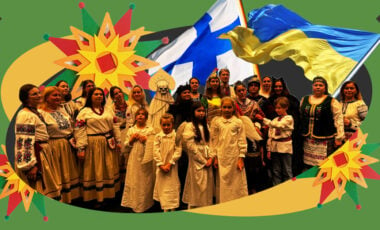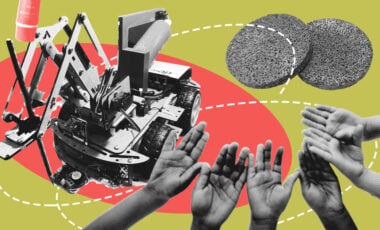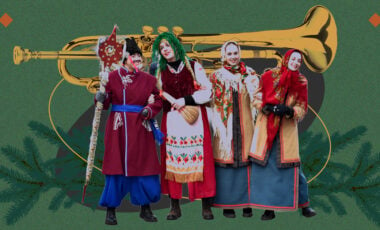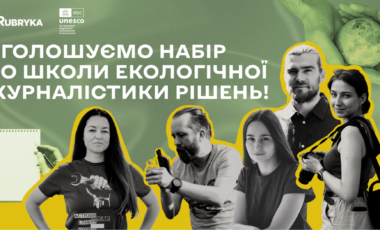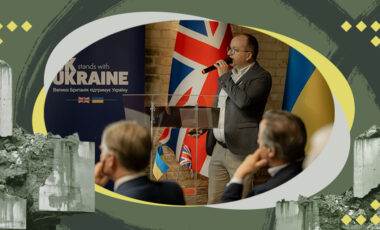Vatican denies pope wanted to praise Russian imperial past in his controversial address
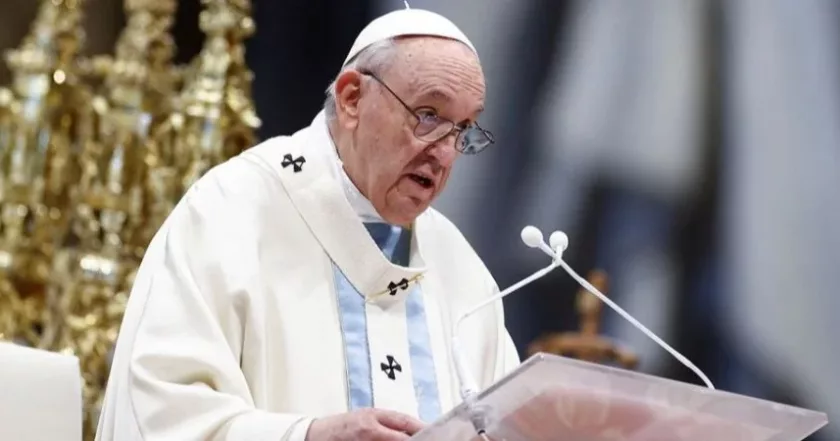
Photo: REUTERS/Guglielmo Mangiapane
The Kremlin called Pope Francis' statement glorifying the Russian tsars "very gratifying." Meanwhile, the Vatican assures that the pontiff did not mean to glorify imperialism in his statement about "great Russia."
Rubryka reports, referring to Reuters, that Pope Francis has been criticized for advising Russian youth last week to remember that they are the heirs of tsars such as Catherine II and Peter I, whom Russian President Vladimir Putin used as examples to justify Moscow's war against Ukraine.
As Kremlin spokesman Dmitry Peskov said, "The pontiff knows Russian history very well." At the same time, he said that this story has deeper roots, and the legacy is not limited to Peter or Catherine. According to him, the state and the school work with historical issues.
"The fact that the pontiff's words sound in unison with these efforts is very gratifying," said Peskov.
The people of Russia try to trace their origins to a group of medieval principalities centered around Kyiv, known as Kyivan Rus. Moscow was founded about 500 years later and inherited the traditions and statehood of the Golden Horde.
The Vatican said on Tuesday that the pope had no intention of glorifying Russian imperialism.
"The Pope intended to encourage young people to preserve and promote all that is positive in the great Russian cultural and spiritual heritage, and certainly didn't want to exalt imperialistic logic or government personalities, who were cited to indicate certain historic periods of reference," said Vatican official Matteo Bruni.
The Ministry of Foreign Affairs of Ukraine stated that the words of Francis are the usual imperialist propaganda, which the Kremlin uses to justify the murders of thousands of Ukrainian men and women and the destruction of hundreds of Ukrainian towns and villages.
At the same time, the head of the Ukrainian Greek Catholic Church, Sviatoslav, said that he was waiting for an explanation from the Pope about the ideas he voiced at a meeting with Russian youth.
He believes that the Pope's words are the worst example of imperialism and extreme Russian nationalism. According to him, there is a danger that the words can be perceived as support for nationalism and imperialism, which today become the cause of the war in Ukraine.
Background
From February 24, 2022, the Pope called for peace almost every week. He has repeatedly stated that he wants to mediate between Kyiv and Moscow, as well as that he wants to visit Ukraine and Russia on a peacekeeping mission.
On May 1, 2023, Francis reportedly said the Vatican was participating in a "secret peacekeeping mission" to Ukraine to try "to end the war between Russia and Ukraine."
But the special representative of the Pope, Cardinal Matteo Zuppi, who visited Moscow the day before, said that his mission to Russia was focused on humanitarian issues and did not include any discussion of a peace plan for the war in Ukraine.




